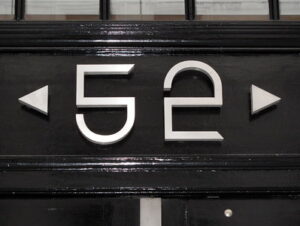After months of speculation and firm denials that the school may close, the Pittsburgh Technical College president announced that the school would close on August 9. In March, the Middle States Commission on Higher Education placed the school on probation, citing questions about the ethics and integrity of the college administration, as well as PTC’s poor financial condition. MSCHE also ordered PTC to create and submit signed teach out plans.
Although PTC submitted the required teach out plans earlier this month, the MSCHE informed the school that the plans were insufficient, and it would pull the school’s accreditation on June 28 if the plans were not remedied and resubmitted. Instead, the administration determined that closing the school was the better alternative.
So far, the Community College of Allegheny County and Point Park University have offered teach-outs to PTC students who cannot complete their programs by August.
In announcing the school’s closure on Monday, PTC president Alicia Harvey-Smith alluded to declining enrollment, inflation, and shifting public opinion on higher education as reasons for the school’s demise. She also cited “orchestrated attacks” against PTC but did not explain what she meant by the claim.
PTC hasn’t had an easy time over the last year. The faculty issued a vote of no-confidence in the president, allegedly because she authorized payments of more than $30,000 of the institution’s money to a ghost writer and edit her book. That prompted the entire PTC Board of Trustees to resign. An outside investigation raised questions about financial mismanagement at the school. Harvey-Smith commissioned her own investigation of the actions of her administration, which found no evidence of wrongdoing. The Board accepted Harvey-Smith’s report, but MSCHE apparently did not find the second investigation persuasive. The Pennsylvania Attorney General is also investigating PTC’s finances.
Pittsburgh Technical College Board Fled At Signs of Trouble
In 2014, Pittsburgh Technical College had an enrollment of more than 2,000 and operated in the black. In 2019, the school’s Board of Trustees brought Harvey-Smith on in an effort to complete its transformation into a non-profit institution. Today, its enrollment is less than 1,000, which has severely limited its revenue. More problematically, Pittsburgh Technical College has lost $40M since Harvey-Smith took over.
Current and former faculty and staff members are clear about where the failure lies: they blame the Board of Trustees for its inaction when confronted with mounting evidence from multiple sources that the president they’d selected was not able to lead the transition the Board was hoping for. They blame the lack of oversight on the Board’s part for Pittsburgh Technical College’s worsening financial conditions. And they are clear that when it came time for the school’s Trustees to act, they fled.
Financial mismanagement and enrollment losses are the beginning of a slippery slope, but these conditions raise concerns among the accrediting agencies. Regardless of the depth of inaction by an institution’s Board of Trustees, the accreditors will not overlook evidence of the obvious. However, by the time the accreditor acts, it’s too late for the institution.
Photo Credit: Jon Dawson, via Flickr















